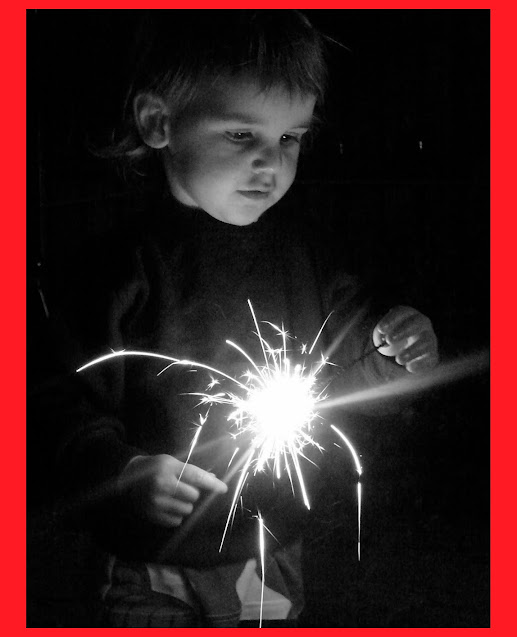We know (from academic comparisons and now computer analysis) that chunks of Shakespeare’s work was adapted, sometimes closely (nicked you might say), from the works of other writers: Plutarch, Plautus, Holinshed, Arthur Brooke, Thomas Lodge, Robert Greene, Ovid’s Metamorphoses and Chaucer to name the most obvious and famous examples. Shakespeare was a jackdaw writer, stealing fragments, adapting plots, robbing motifs and plot devices. We know also that he was a collaborator, working without doubt on some plays with Middleton, Fletcher and George Wilkins. (Possibly Marlowe, Nashe, Peele and Munday too.) (Let me know if you want the evidence for any of the statements in this paragraph….) This doesn’t lessen his achievement in my eyes. Michelin star chefs are not thought rubbish because they use ingredients that have been used before….
 |
| Collaborators and writers of Shakespeare's source material |
Stealing from others for creative and artistic reasons is not a cop-out. As one of my favourite writers, Alan Garner, memorably wrote: “Originality is the personal colouring of existing themes.” Shakespeare’s linguistic reputation relates to what he does with his sources, what he does with the language, how he portrays characters in action and how he reveals the themes and issues in stories that thrill, surprise and delight 400 years later. Poor vocabulary, maybe, in comparison with a modern reader; but, oh my, the way he puts those words together.
You taught me language and my profit on’t is
I know how to curse….
 |
| Shakespeare Apocrypha.... yes, bits of Macbeth were probably not by WS..... |



















